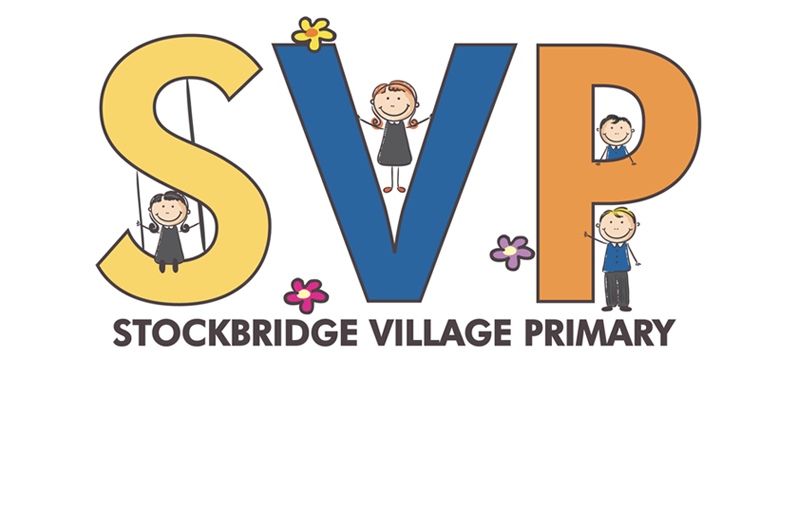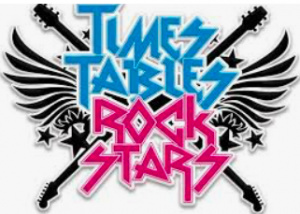Supporting your child with maths

Parent Guides
A guide to the teaching methods we use including videos, books and tools
Current teaching methods
Some areas of the maths curriculum are taught differently today to how most adults were taught at school. We know that lots of parents and carers find it helpful to understand how their children are taught, so here are some good resources that explain teaching methods clearly. The best thing that parents and carers can do for children is to have a positive attitude towards maths.
General Tips!
- If you don’t know something, that’s OK. Try and work out the problem together.
- Set aside some homework time Start a homework routine, find a quiet place for your child to work and take away any distractions if possible.
- With younger children, you could set yourself adult “homework” time. Do ‘homework’ yourself e.g. shopping list, checking your phone bill. Show them that you are using the skills they’re learning.
- Rephrase questions using things that your child is interested in
- If they’re doing well, praise them for effort. Say “well done, you’ve worked so hard”, rather than calling them “clever” or praising talent. This helps children learn that their abilities can develop as long as they work hard.
- When they get stuck, ask them to explain what they’ve done so far and what they’re finding hard. Try and help them work out where they’ve gone wrong.
- With older children, still show interest but let them be more independent and figure out problems for themselves.
- Remember, Grappling is good, problems should be challenging to encourage thinking and learning.
Jo Boaler Top Maths Tips
At Stockbridge Village Primary all pupils have access to a variety of different apps to help them in their education. These apps teach children in all different subjects (Maths and English). All children know their passwords and usernames and are taught about internet safety, this means that all the apps are secure and private. Here are a selection of the apps…
TT Rockstar: Improving your Childs knowledge and speed recall of timetables. All year groups.
Number Bots: Increases understanding and recall of number bonds and speed of addition and subtraction.
Additional Support
BBC has a selection of videos explaining maths concepts:
External Link: http://www.bbc.co.uk/education/
Nrich has a range of maths games, problems and articles on all areas of maths. Parents of Key Stage 1 children should select ‘stage 1’ and parents of Key Stage 2 children should select ‘stage 2’:
External Link: http://nrich.maths.org/
Maths 4 Mums and Dads explains some of the milestones children make between the ages of 3 and 11 years old:
External Link: http://www.maths4mumsanddads.co.uk/
Oxford Owl includes a range of activities, top tips and eBooks to help your child with their maths at home:
External Link: http://www.oxfordowl.co.uk/maths-owl/
A Maths Dictionary for Kids is a great online maths dictionary, which contains hundreds of definitions, as well as animations and activities to help bring maths words to life:
External Link: http://www.amathsdictionaryforkids.com/
Supporting Parents
What is a Calculation Policy?
Every policy begins with the methods and resources we use at each stage, these are then referenced later in the document. We only teach certain methods at certain stages, and once this has been achieved we deepen children knowledge through problem solving and reasoning and improved fluency, speed and recall. We do not move to the next years methods. These documents explain what methods you child will be using in each year group.
Calculation Guidance
Talking about maths
As a parent or carer, you give your child their first experiences with maths.
Even if you don’t feel confident with maths, you can still make a huge difference to how your child’s numeracy confidence and ability develops.
Top tips
- Be positive about maths. Don’t say things like “I can’t do maths” or “I hated maths at school”; your child might start to think like that themselves.
- Point out the maths in everyday life. Include your child in activities involving maths such as using money, cooking and travelling.
- Praise your child for effort rather than talent – this shows them that by working hard they can always improve


